For students at the Osher Lifelong Learning Institute at the University of Minnesota (OLLI), attending classes does not stop after college.
OLLI is a national program with a chapter through the University for people ages 50 and older, where members can take noncredit classes, attend events to meet each other and participate in special interest groups.
Courses can range from how to do taxes to reading Shakespeare, and Special Interest Groups include just as wide a variety.
Learning communities and staying intellectually stimulated through enrichment courses is important, said OLLI Director Kate Schaefers, but just as important is the community within OLLI.
“It is a place to make new friends and to engage with people that share interests with you,” Schaefers said. “You’re learning alongside people, and that is exciting.”
Schaefers said OLLI members, called learners, are not enrolled in the University, so they do not have access to certain benefits that University students have. While OLLI members pay a membership fee, the Institute relies on volunteers to lead classes, events and Special Interest Groups.
Many learners also become volunteers to lead classes and groups, Schaefers said. Often, learners become involved with the Institute, identify an interest and then start a Special Interest Group or teach a class.
“The courses come about when people either in our member community or in just our greater community have a topic they’re passionate about,” Schaefers said. “And they want to do a talk on it, or they want to teach a whole class on it.”
George Dow, a learner turned class instructor, joined OLLI in 2019. Many of the classes he teaches discuss retirement.
Outside of OLLI, Dow is a career transition and retirement coach, so teaching classes on retirement was something he has professional experience with.
Dow teaches classes on architecture, his favorite TED Talks and movies. Most classes do not include homework, though instructors may tell learners to watch a documentary or movie for additional information before a class discussion.
“I did teach at Carlson Business School, and when you have homework, and grades, and tests and papers it is a really different experience,” Dow said. “This is mostly for learning things you want to learn about without homework, without tests and without papers.”
Dow said OLLI has impacted him by giving him a way to learn and connect with his peers.
“I’ve created friendships with other OLLI instructors,” Dow said. “They’re usually the same age as me and have similar backgrounds. I’ve become friends with a number of the instructors because we compare notes, and we often team up to do classes.”
Along with teaching classes for peers, Dow participated in intergenerational classes with undergraduate students. Dow participated in two undergraduate civics classes where he participated in discussions and in an honors psychology class, where he facilitated class discussions as an instructor.
Dow was especially moved by the honors psychology class, he said. The class discussed families, gender and ambiguity of sexual roles.
“The students were amazing,” Dow said. “They were so, so wise and so bright. It was a really positive experience. My wife and I were both in this class, and we’re thinking, ‘Hey, the future looks good. These kids are really sharp and really wise.’ So that class especially stuck out in my memory.”
Nancy Allen joined OLLI in 2014 after moving back to Minnesota from Luxembourg.
“It has benefited me in many, many ways,” Allen said. “I love the format of it. I loved meeting the people. This is all pre-COVID when I first joined, and so it was fun to be in person and fun to meet, you know, equally interesting people who were interested in the same sort of subject matters that I was.”
After being at the Institute for a few years, Allen chose to apply to be vice chair officer on OLLI’s advisory board in 2020.
The month after Allen was appointed to the position, the pandemic forced her and other staff members at OLLI to introduce Zoom video conferencing to the OLLI experience.
“I think through the years we have, and when we started Zoom, we spent a lot of time with training and with educating people on how to use it,” Allen said. “But I would say today, all of our members are very aware of Zoom, and many of our classes are on Zoom.”
Though many of the classes are still held over Zoom, OLLI’s community is strong, Allen said.
“We may not have as many members as some of the other big cities, but I think the members that we do have are very happy with OLLI,” Allen said.




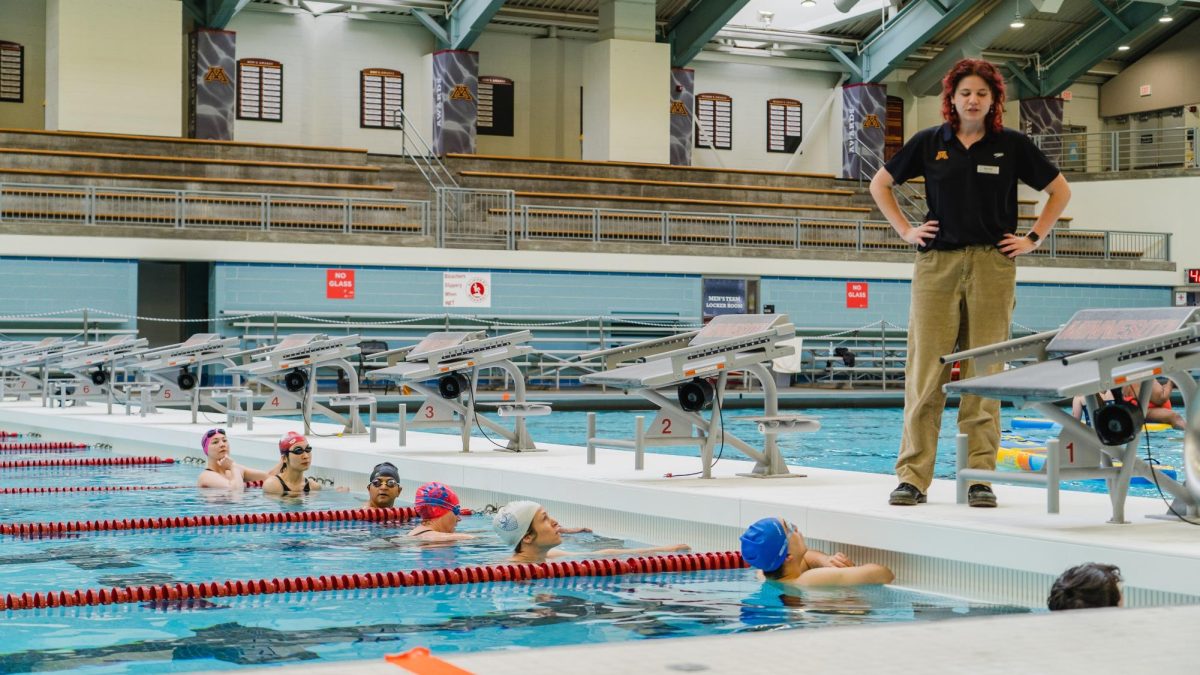
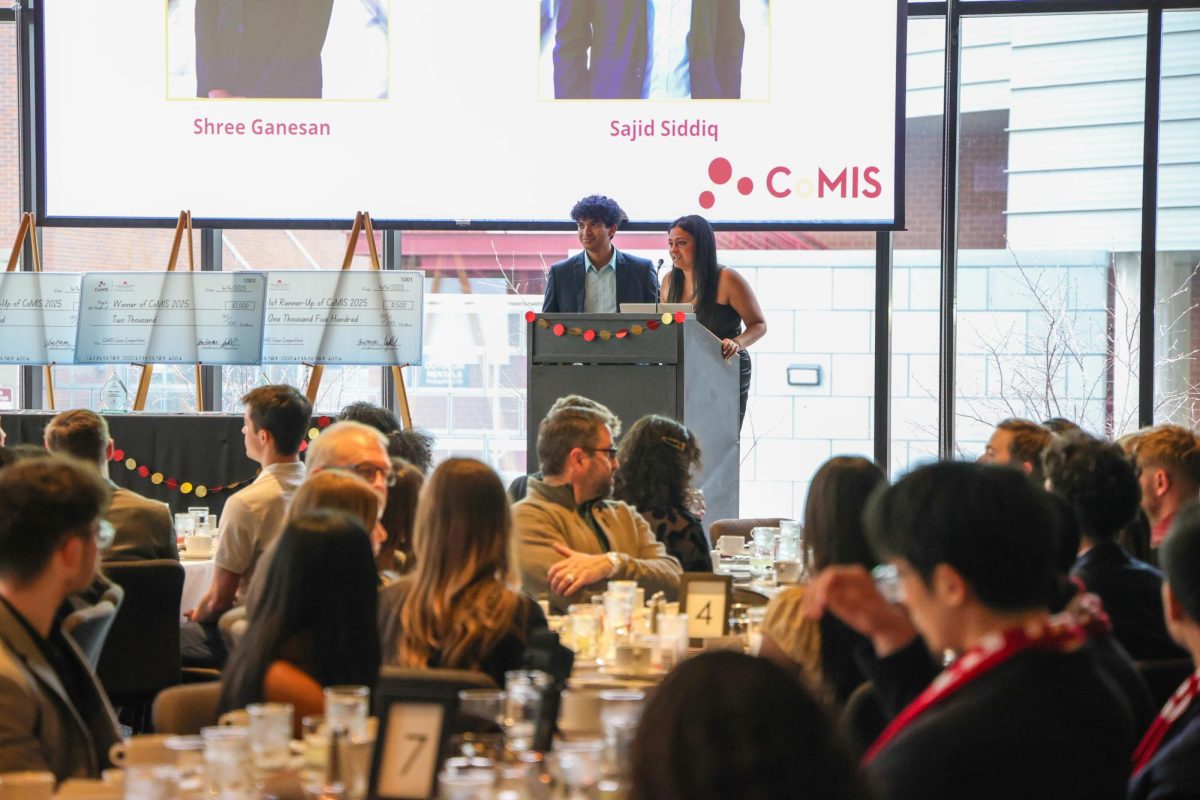
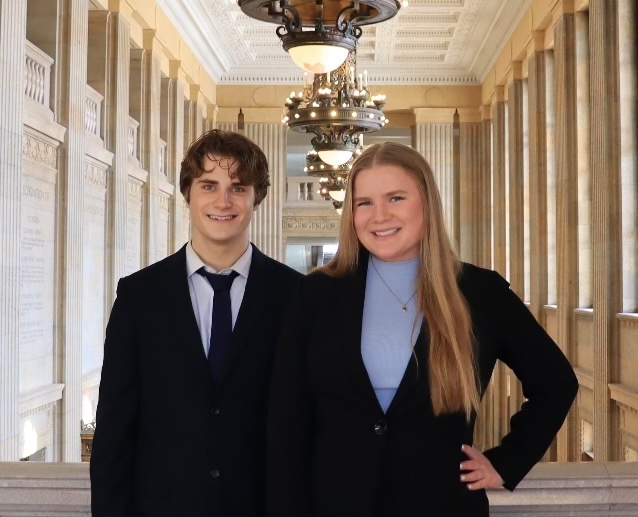
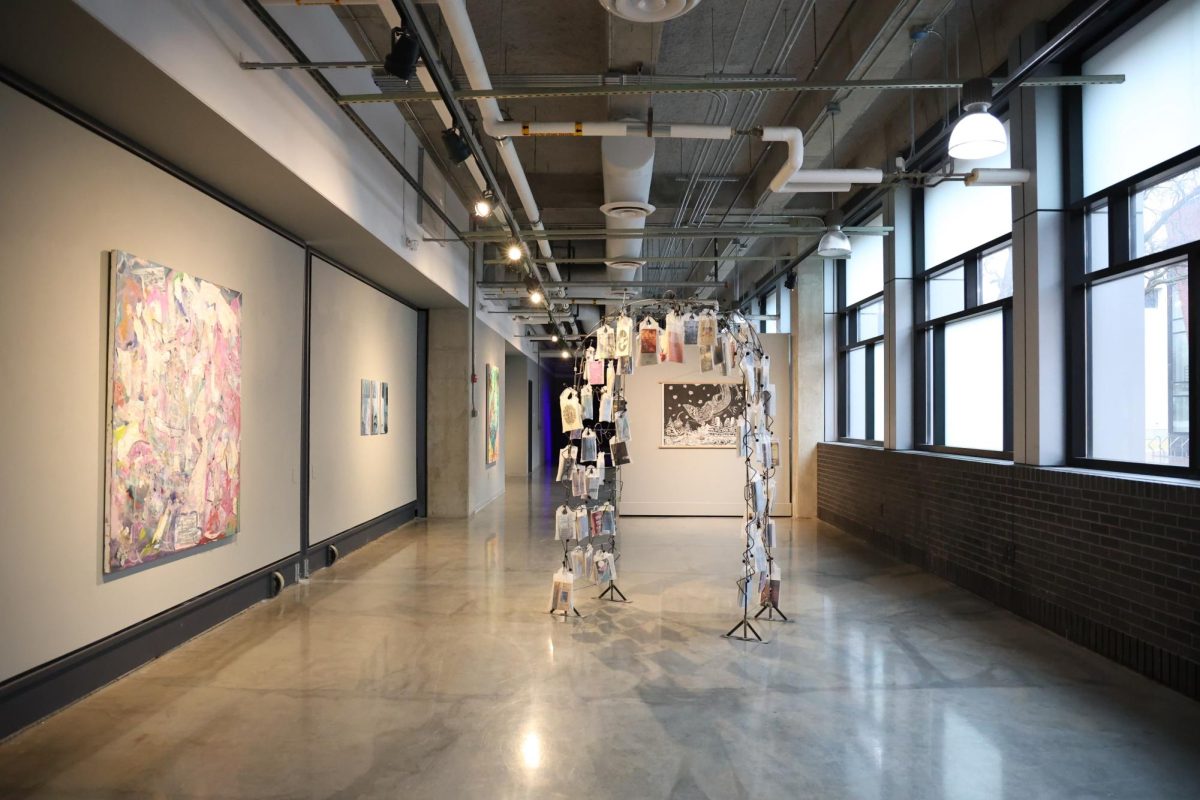
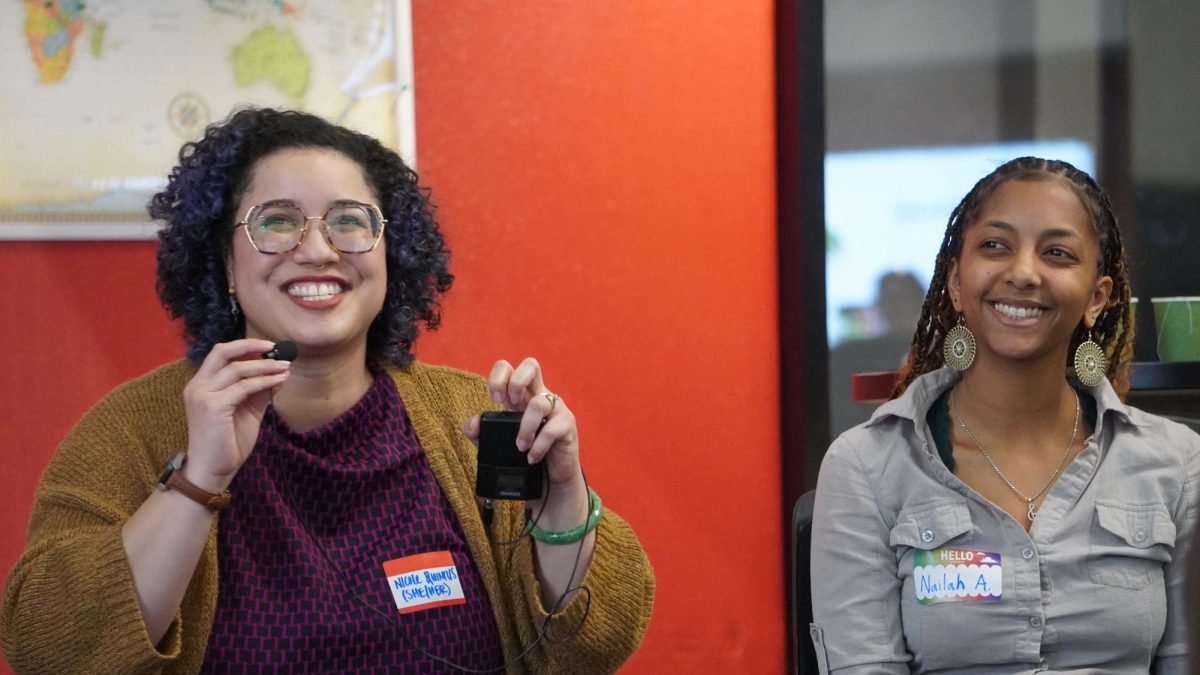
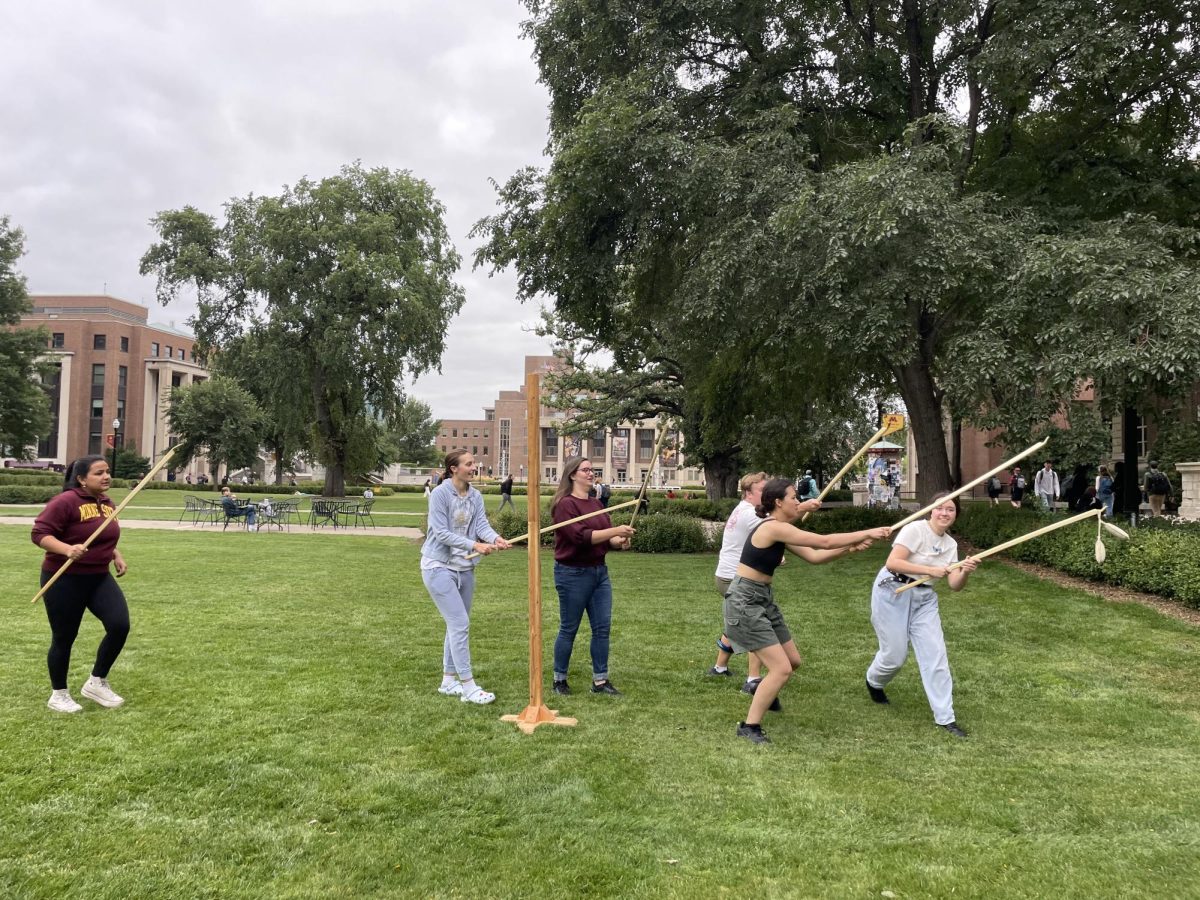
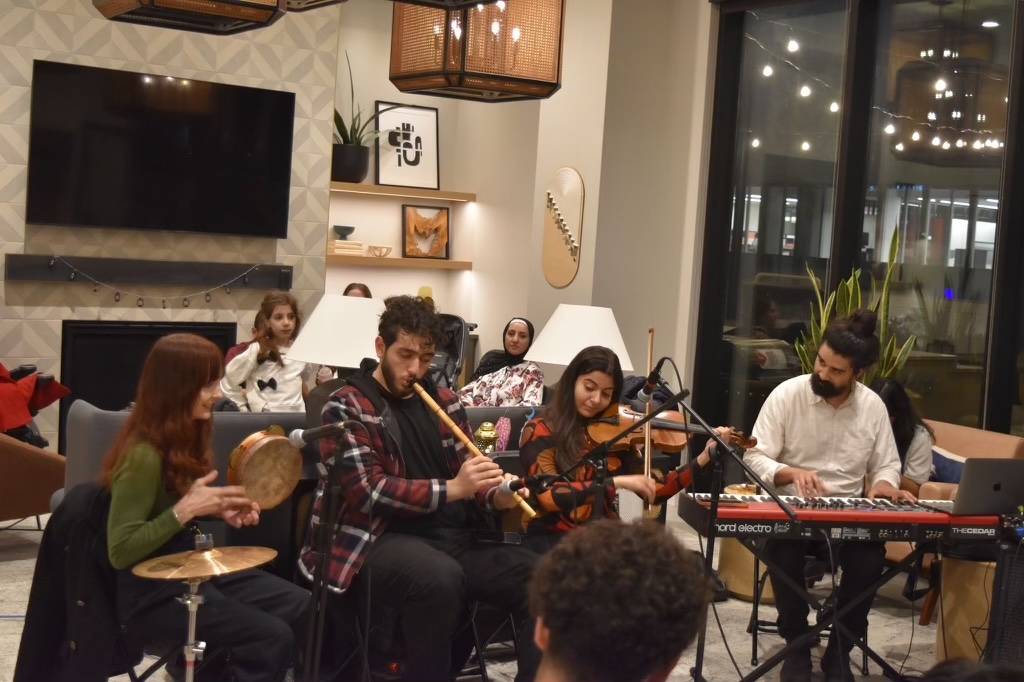

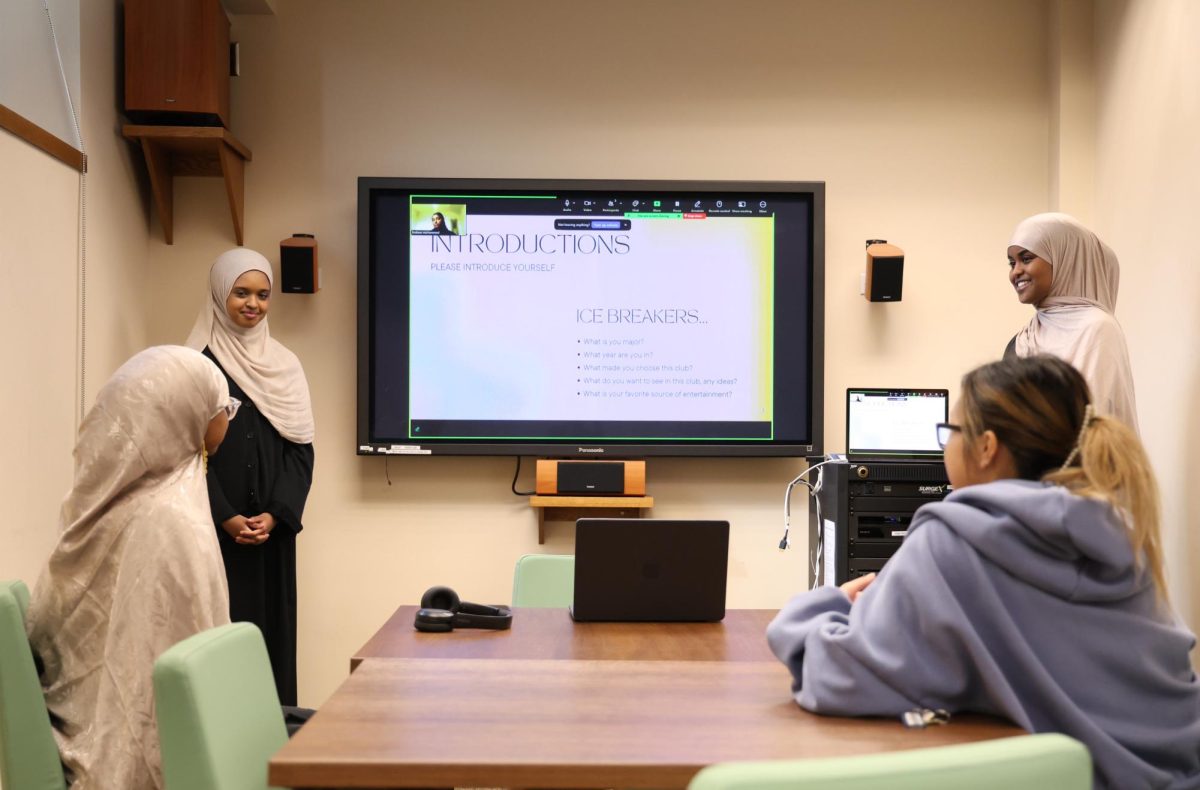
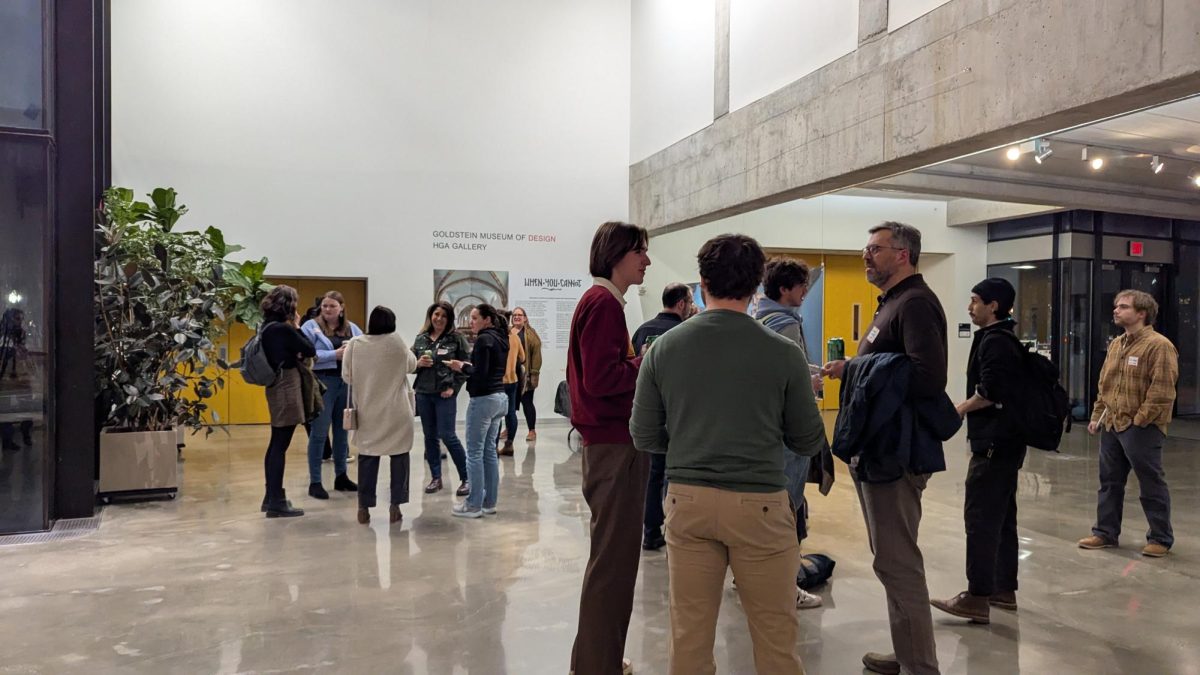
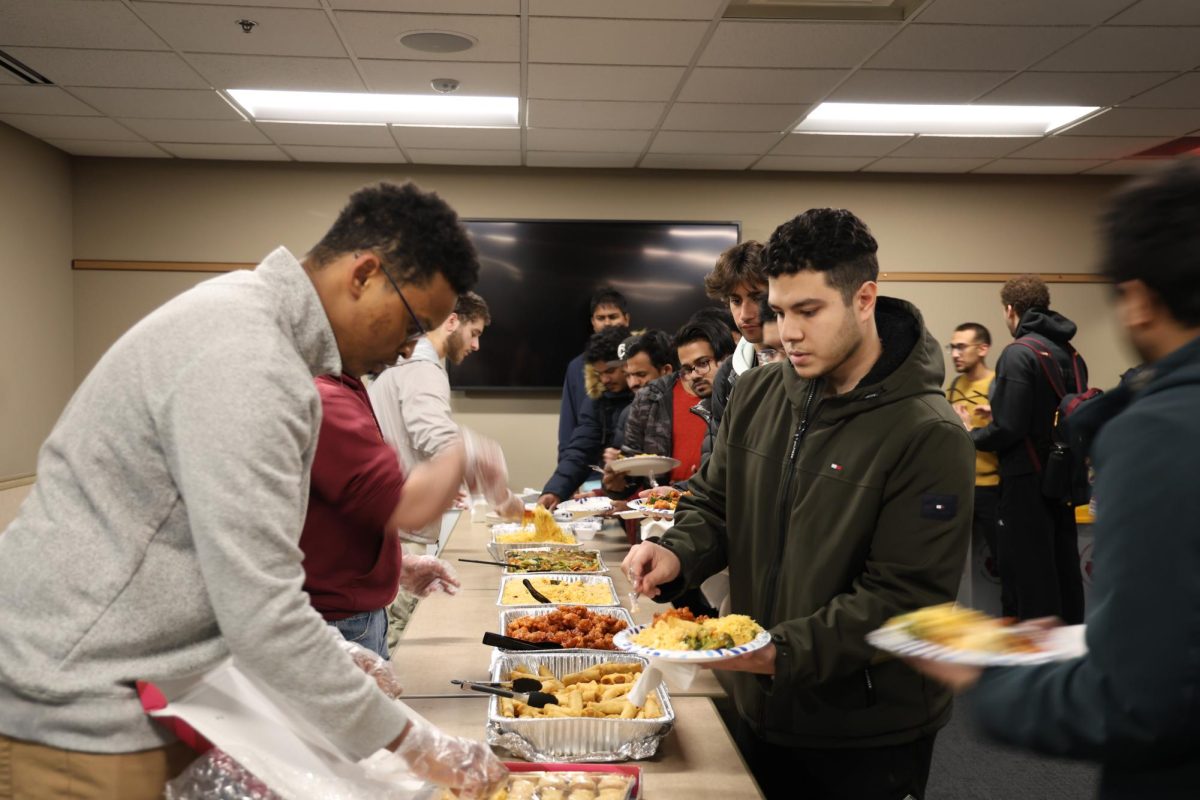
KG
Feb 12, 2025 at 7:14 am
It would have been helpful to provide additional background about the Osher Lifelong Learning Institute at UMN (OLLI). This program is one of about 125 OLLI branches operating at institutions of higher education across the nation. It is named after Bernard Osher, a Jewish businessman and philanthropist.
Bernard Osher exemplifies a successful Jewish entrepreneur who gives back to American society regardless of race, creed, or religion. OLLI is just one example of his contributions; his support for advancements in medical science is another. At the same time, he has not forgotten his roots. Osher is active in a conservative Jewish temple and the Jewish Community Federation. He also supports various Jewish programs in California and Maine (his birthplace) and funds scholarships at universities in Israel.
Bernard Osher is fortunate to be able to contribute significantly to both America and Israel. He exemplifies the dual commitment of many American Jews who proudly support both their home country and the Jewish homeland. While extremist Palestinians might use the term “Zionist” as a slur to describe someone like him, here in Minnesota, we are direct beneficiaries of the generosity of this remarkable Jewish American. Indeed, most Jews embrace their identity as both Americans and Zionists, standing firmly in support of Jewish life in their ancient homeland, Israel.